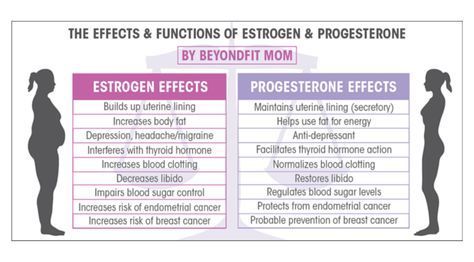Stress is a common aspect of daily life that affects people in various ways. One such effect is its impact on weight gain and loss. Although stress levels may not be directly responsible for weight fluctuations, they can significantly influence our eating habits, metabolism, and overall well-being. In this article, we will explore the relationship between stress and weight, discussing both the negative and positive consequences stress can have on our bodies.
Stress-Eating: How Stress Can Lead to Weight Gain
When faced with stress, many individuals often turn to food as a coping mechanism. This emotional eating can result in consuming high-calorie and unhealthy foods, leading to weight gain over time. Stress triggers the release of cortisol, commonly referred to as the stress hormone, which can increase appetite and cravings for sugary or fatty foods. Additionally, stress may disrupt regular eating patterns, causing individuals to skip meals or eat irregularly, further contributing to weight gain.
Metabolic Effects of Stress
The impact of stress on weight is closely linked to our metabolism. Prolonged or chronic stress can alter the way our bodies process food, making it more difficult to lose or manage weight. When stressed, our bodies go into a state of heightened alertness, releasing stress hormones that stimulate the production of glucose for energy. This increase in blood sugar levels can disrupt insulin production and lead to insulin resistance, a condition associated with weight gain and the development of chronic diseases such as diabetes.
Decreased Physical Activity
Stress can also contribute to weight gain by reducing our motivation to engage in physical activity. When overwhelmed with stress, finding the energy or time for exercise can feel challenging. Moreover, stress often leaves individuals feeling fatigued or mentally drained, further discouraging regular physical activity. The lack of exercise, combined with stress-related overeating, can result in weight gain and the accumulation of body fat.
The Positive Impact of Stress on Weight Loss
While stress generally has a negative association with weight, it is important to note that not all stress leads to weight gain. In some cases, stress can actually facilitate weight loss. When individuals experience acute stress in specific situations, their bodies may enter a “fight-or-flight” response, which temporarily suppresses appetite. This natural response can lead to reduced calorie intake and potential weight loss. However, it is crucial to maintain a healthy balance and not rely on stressful situations as a means of weight management.
Stress Management Techniques for Healthy Weight
To minimize the negative impact of stress on weight gain and promote weight loss, stress management techniques can be highly beneficial. Incorporating relaxation practices like meditation, yoga, or deep breathing exercises into daily routines can help combat stress levels. Physical activity, such as regular exercise or engaging in activities like walking and dancing, can also alleviate stress and contribute to weight management. Seeking support from friends, family, or professionals, and maintaining a balanced and nutritious diet are essential factors in managing stress and weight in a healthy way.
Conclusion
Stress has a significant impact on weight gain and loss. Emotional eating, metabolic changes, decreased physical activity, and hormonal imbalances all contribute to weight fluctuations under stress. However, it is important to remember that not all stress leads to weight gain, and in certain situations, stress can even aid weight loss temporarily. By practicing stress management techniques and adopting a healthy lifestyle, individuals can counterbalance the negative consequences of stress, promoting overall well-being and maintaining a healthy weight.






